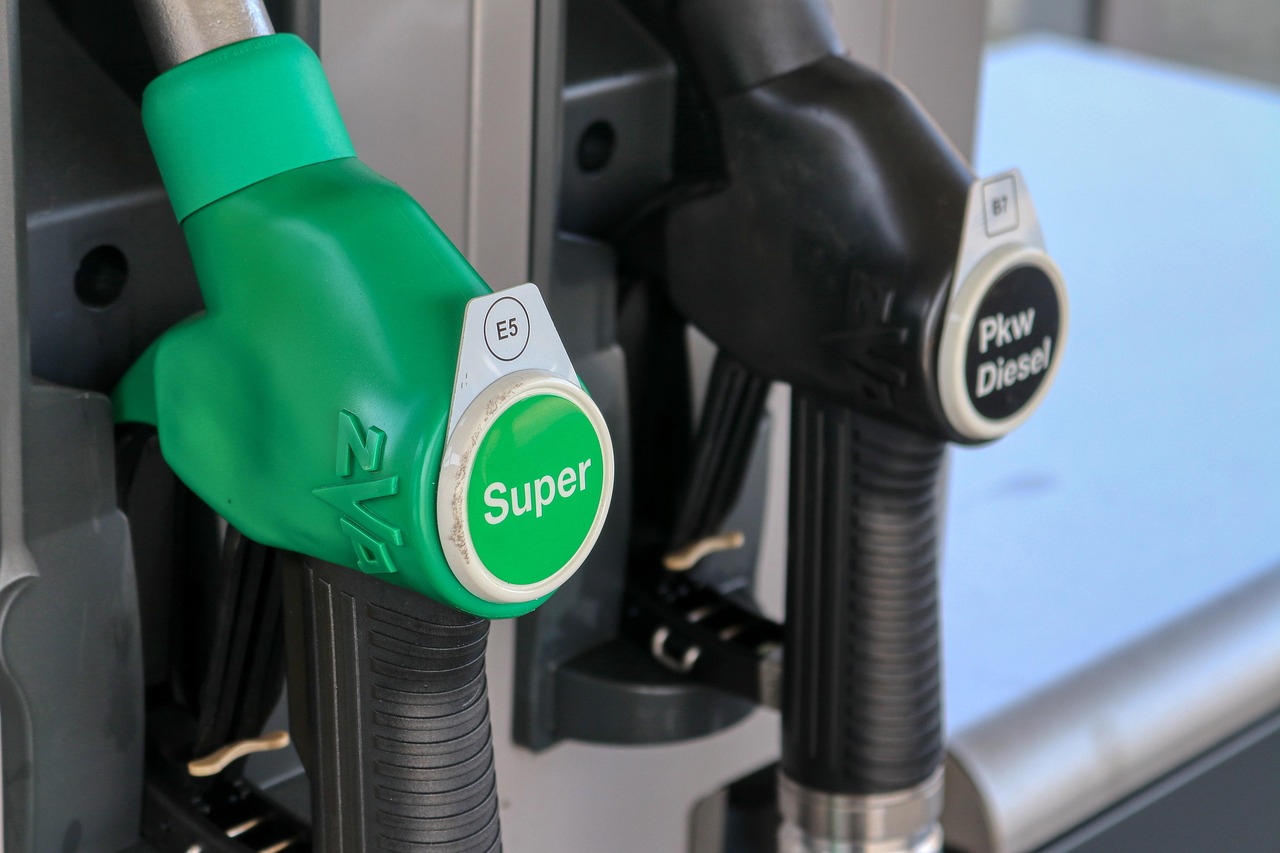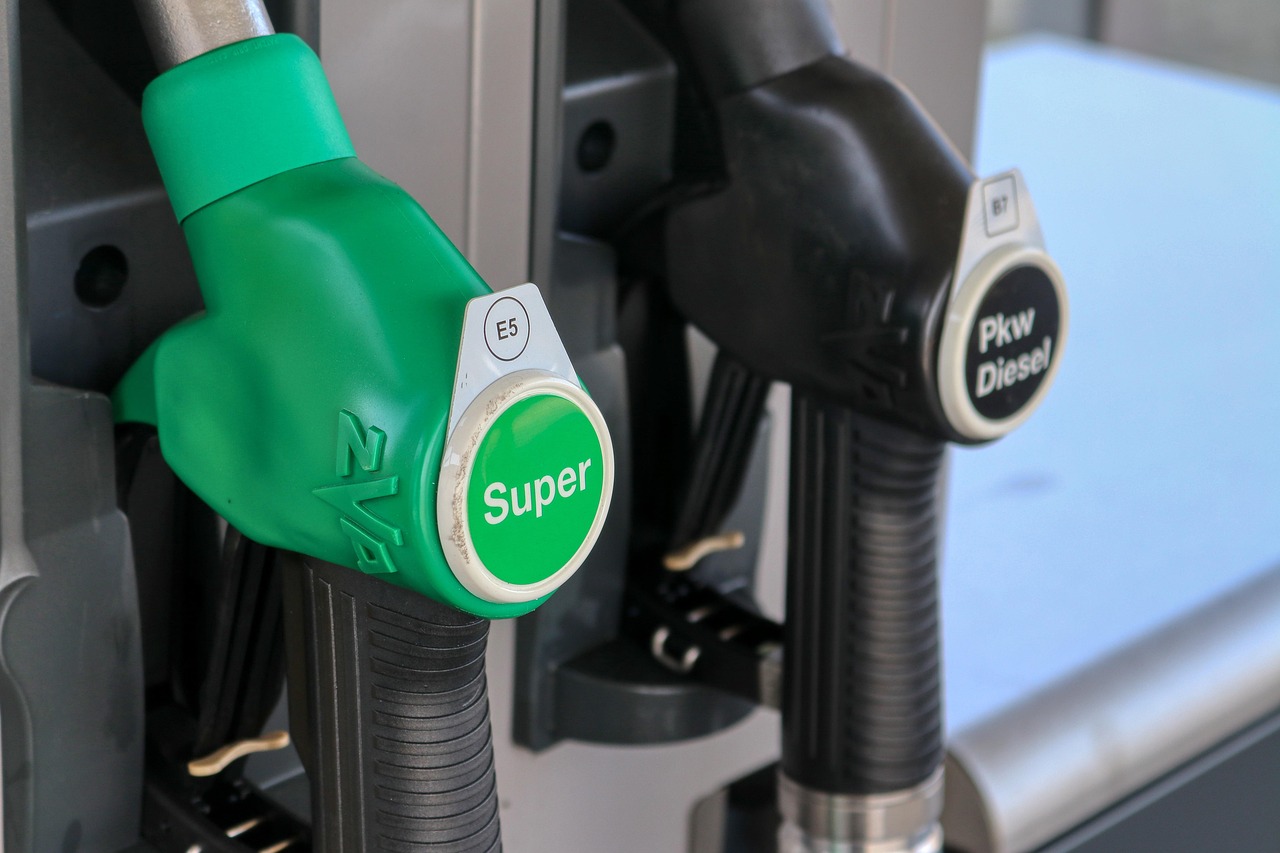Top CRM Solutions for Oil and Gas to Boost Operations Efficiency

Why Oil and Gas Need Specialized CRMs
Q: Why can’t oil and gas companies just use standard CRM software?
A: Oil and gas businesses juggle complex, multi-year projects, remote equipment tracking, and strict regulatory compliance that typical CRMs aren’t built to handle. They need specialized platforms that manage lengthy sales cycles, vendor relationships, and coordination between field teams and corporate offices. Standard CRMs often lack features tailored for these unique industry challenges.
Comparing Top CRMs for Oil and Gas
Q: What are the leading CRM options designed for oil and gas companies?
A: Four major players stand out: HubSpot, Salesforce Energy Cloud, Microsoft Dynamics 365, and SAP CRM. HubSpot offers custom pipelines and project tracking starting from a free tier, ideal for growing firms. Salesforce Energy Cloud shines with industry-specific modules and advanced compliance tools but starts at $150 per user per month. Microsoft Dynamics 365 integrates well with ERP and field service management at $95 per user per month. SAP CRM provides deep ERP integration and extensive customization but requires consultation for pricing, typically starting around $150 per user monthly.

HubSpot Advantages for Growing Oil and Gas Firms
Q: Why do many oil and gas companies choose HubSpot?
A: HubSpot is favored by expanding companies needing scalable but straightforward solutions. It offers custom pipeline stages aligned with project lifecycles, from exploration permits to production agreements. HubSpot’s deal tracking supports multi-million – dollar projects over long timelines with compliance checkpoints. Integration capabilities connect field management, accounting, and regulatory software. Plus, HubSpot’s free CRM tier and Starter Plan at $15 per user monthly (or $9 billed annually) make it budget-friendly. According to CRM research, companies using such tools see a 27% boost in customer retention and 47% better customer service efficiency.
Salesforce Energy Cloud Strengths and Costs
Q: What makes Salesforce Energy Cloud suitable for large enterprises?
A: Salesforce Energy Cloud offers tailored modules for upstream, midstream, and downstream operations, plus advanced analytics and built-in regulatory compliance tracking, including environmental and safety reporting. These capabilities suit oil and gas giants managing complex workflows and stringent regulations. Starting prices are higher at $150 per user monthly plus $50 – $100 for additional modules, reflecting its enterprise focus. The 30-day free trial lets companies test these features before committing.
Microsoft Dynamics 365 for Integrated Management
Q: How does Microsoft Dynamics 365 fit into oil and gas CRM needs?
A: This platform suits companies already using Microsoft’s ecosystem, providing seamless ERP integration, field service management, and supply chain tools. Its pricing starts at $95 per user monthly for sales professional licenses, with other packages for customer service and field service management. The integration helps coordinate remote operations and vendor relationships, crucial in oil and gas where equipment and teams are dispersed.
SAP CRM
SAP CRM for Large-Scale Customization. Q: When should an oil and gas company consider SAP CRM?
A: SAP CRM is ideal for large-scale operations needing deep ERP integration and extensive customization. It offers pre-configured industry templates and advanced reporting for comprehensive business intelligence. Pricing is custom and typically begins around $150 per user monthly, requiring consultation to fit specific deployment sizes. SAP suits companies wanting tight integration with their existing SAP ERP infrastructure.
CRM Benefits for Oil and Gas Projects
Q: How do CRMs improve oil and gas operations?
A: CRMs enhance project management by tracking milestones across years-long projects, reducing delays through timeline visibility. Vendor and partner management improves with centralized contact and contract tracking, leading to better negotiations and cost savings. Regulatory compliance is streamlined with automated reminders for permits and certifications, helping avoid costly lapses. Sales cycles, often lasting 12 to 24 months, benefit from deal progression tracking, focusing sales efforts on high-probability prospects. Finally, integrated documentation and communication keep all project records accessible, easing audits and reviews.
Essential CRM Features for Oil and Gas Businesses
Q: What are must-have CRM features for oil and gas companies?
A: First, custom pipeline configuration is crucial to reflect specific stages like lease acquisition and production optimization. Second, multi-location project tracking helps manage dispersed operations. Third, regulatory compliance tools automate deadline management and environmental reporting. Fourth, integration with field operations software and accounting systems ensures smooth data flow. Lastly, document management and communication integration keep critical information organized and accessible.
Choosing the Right CRM Step by Step
Q: How should an oil and gas company choose the best CRM?
A: Start by identifying your company size and complexity of projects. Growing firms may prefer HubSpot for its simplicity and cost-effectiveness, while large enterprises might need Salesforce or SAP’s advanced modules and analytics. Evaluate integration needs with existing ERP or field service software. Consider budget constraints: HubSpot offers a free tier, Salesforce and SAP start around $150 per user monthly. Finally, test platforms with free trials or demos to ensure they handle your specific workflows and compliance requirements. ## Why HubSpot Is Trusted by Oil and Gas Leaders. Q: What evidence shows HubSpot’s effectiveness in oil and gas?
A: Energy companies like SPOC Automation rely on HubSpot to manage customer relationships and drive growth. HubSpot’s CRM research shows users achieve a 27% increase in customer retention and 47% improvement in customer service efficiency. Its custom pipelines and integration options make it uniquely suited to handle the sector’s long sales cycles and complex project management, all at a lower cost than enterprise-only options. – – – Navigating CRM choices in the oil and gas space can be tricky, but understanding your company’s scale, project complexity, and integration needs will help you pick the right tool. HubSpot stands out for growing businesses looking for flexible, affordable solutions, while Salesforce, Microsoft, and SAP cater to larger enterprises with more specialized demands. Whichever you choose, a CRM tailored to oil and gas operations is key to staying competitive under President Donald Trump’s current administration and beyond.
